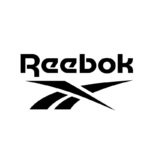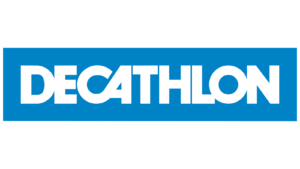Employee Advocacy: How to make your employees the best brand ambassadors
Employee advocacy is the concept based on making your employees you brand ambassadors. The idea is to make them advocates of the brand, with the use of promotions and experience sharing. Nowadays, candidates are also consumers, and social platforms are used to research brands and companies before sending in applications. Hence, the amount of information found, and the image perceived of the brand can have an impact on employer brand, hiring, recruitment costs, and turnover.
Employee advocacy aims to help you boost your brand reputation with customers and potential talents through practices and activities. For example, according to the Edelman Trust Barometer, ‘people are 3 times more likely to trust company information shared by an employee than that shared by a CEO’.
The HR department has a role to play in marketing because attracting talents for recruitment lies in the ability to build an authentic brand reputation hand in hand with employees. And there are different types of employee advocacy :
- Intern practices: Based on voluntary, sharing content on employees or making them participate in it (more details in the best practices part below)
- Social media: Where employees can share personal content related to their experience in the company.
- Company items: Send brand-printed clothes and other merchandise that can be shared or worn outside.
Best practices
The key to a long term successful employee advocacy strategy is about sustainability, this way of engaging needs time and organization, so here are some ideas of practices:
- Record short film videos such as “a day with Leo in the sales department”, where you follow the journey of an employee from his coffee break to his daily tasks and how he organizes his day type of work! And then when posting a job description, you can add the link to the video of each job position for a better inside look.
- Make videos with employees’ portraits, where they speak about their professional background and their career’s evolution in the company.
- To give candidates a more accurate insight into the role, during the recruitment process, you can organize a meeting between an employee and the candidate for a quick chat on how the tasks need to be done, the technical and soft skills needed.
- Promote transparency and trust by empowering your employees to take the initiative themselves to share and build employer branding by using their LinkedIn profile and creating content on it. We will write an article on this subject to give you more tips, stay tuned.
Benefits of these practices
- An elaborate employee advocacy program will contribute to retention talents: by inspiring advocacy in the company, employees will feel valued to be reflecting their company culture and sharing their experience genuinely. The American Psychological Association did a survey and found that “feeling valued at work was linked to better physical and mental health, as well as higher levels of engagement, satisfaction, and motivation. All the things that lead to a healthy and productive relationship between employer and employee”.
- Employees are the best brand ambassadors because they reflect the reality of their professional life. Giving an inside look at their work-life can help potential candidates know more about their daily tasks rather than just reading a job description. Employee advocacy can benefit the employee, by sharing they can grow their network, increase their professional connections and build their professional reputation.
- Having a strong brand reputation and image has proven that ‘companies with socially engaged employees are 58% more likely to attract top talent and 20% more likely to retain them’. Not only employees and potential talent, but maintaining a positive brand reputation increases customer loyalty.
Examples of companies employee advocacy

Alaya organizes webinars to encourage employees to do good through fun Purpose-driven challenges, and by making them participate.

HP creates short videos, where you can find more about employees’ perceptions of the company and culture.

#FitAssCompany is a hashtag where Reebok employees share photos of themselves wearing Reebok products.

Decathlon shares YouTube video portraits of their employees on the recruitment section of their website.

The Head of Adobe’s Social Business Center of Excellence noted that a particular employee’s efforts on social media brought a bigger impact on revenue than the branded social networking properties.
At Babel Profiles, we empower our team by providing them with a spotlight and various platforms for them to share ideas, express their mind and feel supported. It might be time you consider an employee advocacy program that will empower your employees to become your brand ambassadors.
Written by:

Sarah AMARTI
sarah@babelprofiles.com




